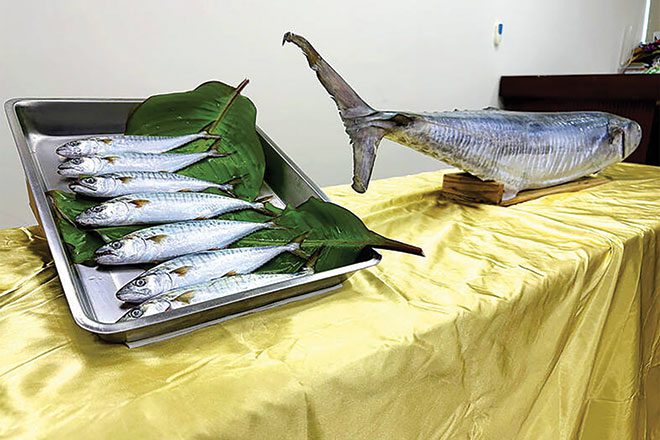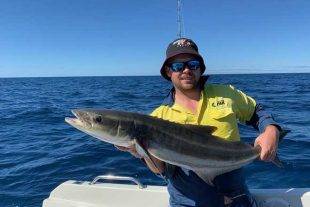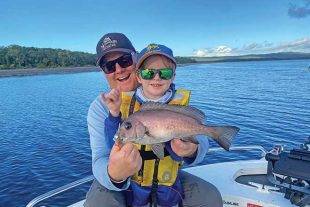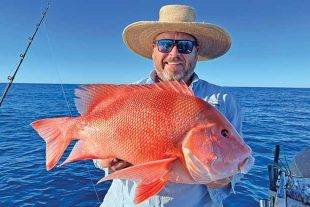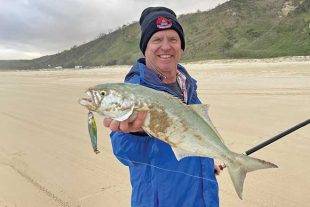The Taiwanese Fisheries Research Institute recently announced it had completed an experiment to artificially inseminate narrow-barred spanish mackerel at sea, successfully reproducing fries.
The institute said it would continue to develop technology geared toward raising the mackerel and making the fish a flagship product for Taiwan.
The narrow-barred spanish mackerel is a migratory species and has long been a favourite among Taiwanese.
However, due to changes in the maritime environment, the total catch around Taiwan has dropped from 3200 tonnes in 2001 to about 500 tonnes last year.
The institute said the increasing scarcity of the mackerel has driven the price to $A61.52 per kilogram, adding that the price tended to spike around the Lunar New Year, reaching about $A70.99 per kilogram.
Other countries, such as Japan and Saudi Arabia, have also considered developing the technology to artificially inseminate the narrow-barred spanish mackerel.
Littoral Marine Resource Research Centre director Weng Chin-hsing commented that the fish – which has proved to be aggressive and has no scales to protect it – often failed to live long enough after leaving the water, making it very difficult to extract its gonads.
Though by working with fishers in Penghu County, the institute has captured the fish and obtained its gonads.
According to the Littoral Marine Resource Research Centre, the fry grew to 7-15cm within 45 days.
While artificial insemination was successful, the centre found that the fries were extraordinarily aggressive and would attempt to eat other fries in the group, adding that the fish developed teeth as early as their fifth day.
With its larger pool, a Tainan facility had achieved a 0.2 percent survival rate for the fry, Mr Weng said, adding that the centre hoped to increase the survival rate to 50-70 percent.
Fisheries Research Institute director Chang Chin-yi said that they would trial a project to raise 10cm narrow-barred spanish mackerel fry off Penghu County in an attempt to repopulate the species.
Mr Chang added that net cages would be the ideal method of raising the fish.
Helping the institute with its experiments, the captain of the Peng Shan No 100 Tsai Tsung-wei said three generations of his family had been fishers in the Penghu area, and that he remembered in his grandfather’s time the narrow-barred spanish mackerel population in the area had already decreased.
He is hoping to help restore the fish population in the area and allow mackerel catches to make his vocation sustainable.
 Bush 'n Beach Fishing Magazine Location reports & tips for fishing, boating, camping, kayaking, 4WDing in Queensland and Northern NSW
Bush 'n Beach Fishing Magazine Location reports & tips for fishing, boating, camping, kayaking, 4WDing in Queensland and Northern NSW
